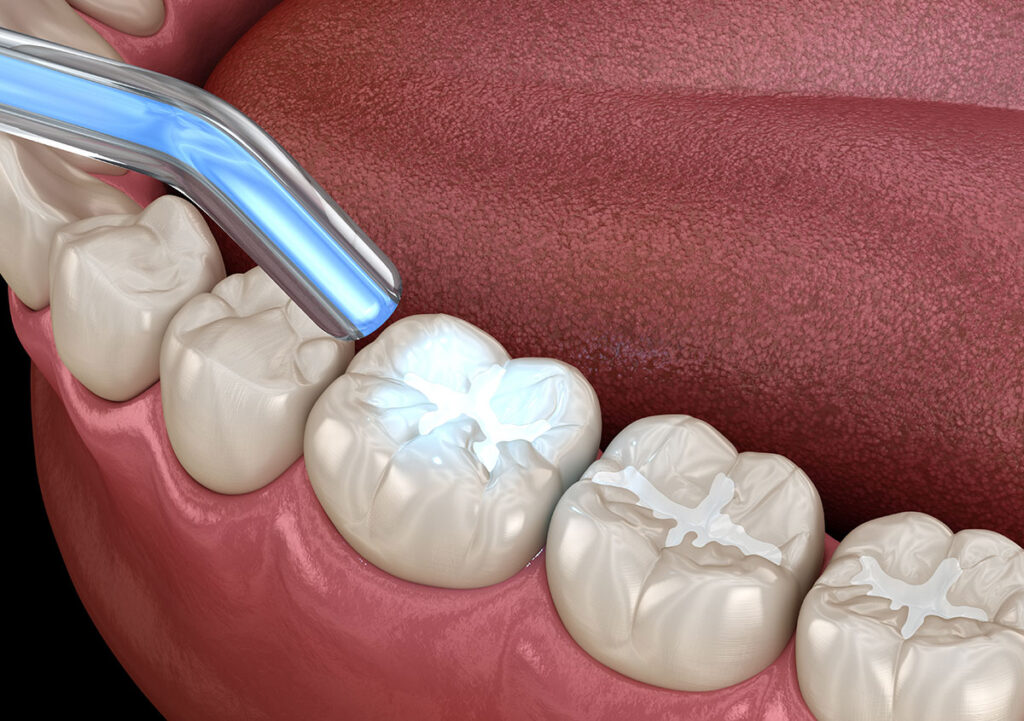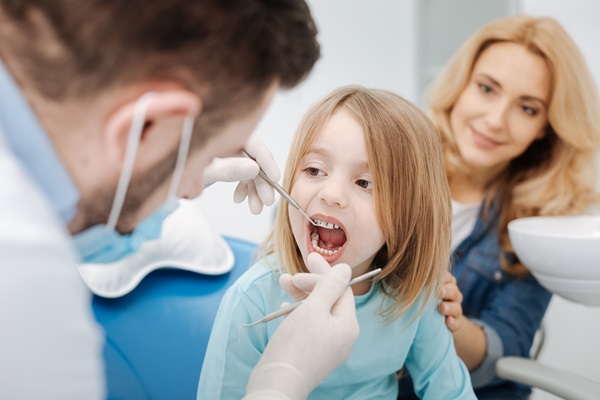Are Composite Fillings Safe for Pregnant Women and Children?

When it comes to maintaining oral health during pregnancy and childhood, expectant mothers and parents want to ensure that any dental treatments are safe for their loved ones. Composite fillings, a popular choice for restoring teeth, have raised questions about their suitability for vulnerable populations. As a trusted cosmetic dentist Scottsdale, we understand the importance of balancing aesthetic and functional dental needs with safety concerns.
In this article, we’ll delve into the latest research and guidelines on the safety of composite fillings for pregnant women and children, providing valuable insights for those seeking reassurance on this critical issue.
What are Composite Fillings?
Composite fillings, also known as tooth-colored fillings, are a type of dental restoration made from a mixture of resin, ceramic, and glass particles. These fillings are designed to mimic the natural color and texture of teeth, providing an aesthetically pleasing alternative to traditional amalgam fillings. Composed of a combination of monomers, fillers, and coupling agents, composite fillings bond directly to the tooth structure, restoring its shape, function, and appearance.
When Are Composite Fillings Indicated?
Here are brief indications for composite fillings:
Primary Indications
- Small to medium-sized cavities
- Tooth decay repair
- Chipped or cracked teeth
- Closing gaps between teeth (diastema)
- Restoring worn or eroded teeth
Cosmetic Indications
- Teeth whitening and coloring
- Reshaping or resizing teeth
- Closing spaces between teeth
- Repairing tooth fractures or chips
- Enhancing smile aesthetics
Replacement Indications
- Replacing old or defective fillings
- Upgrading from amalgam to composite fillings
- Repairing or replacing dental bonds
Pediatric Indications
- Primary tooth restorations
- Preventing tooth decay in children
- Repairing chipped or cracked baby teeth
Exploring Safety Concerns for Pregnant Women
During pregnancy, women undergo various physiological changes that affect their oral health. Hormonal fluctuations can increase the risk of tooth decay and gum disease. However, concerns about the safety of dental materials and procedures arise due to potential risks to the developing fetus.
Research Findings
- Bisphenol A (BPA): Early studies raised concerns about BPA, a chemical used in some composite resins, potentially leaching into the body. However, recent research suggests that BPA exposure from composite fillings is minimal.
- Estrogenic Activity: Some studies have suggested that BPA may mimic estrogen, potentially affecting fetal development. However, the American Dental Association (ADA) and other organizations have found no conclusive evidence.
- Maternal and Fetal Risks: A 2018 systematic review published in the Journal of the American Dental Association found no significant association between composite fillings and adverse pregnancy outcomes.
Guidelines for Pregnant Women
- Elective Dental Procedures: Postpone non-essential dental work until after delivery.
- Emergency Dental Care: Receive necessary dental care, including composite fillings, if urgent.
- Inform Your Dentist: Disclose pregnancy status and any concerns.
- Use of BPA-Free Materials: Opt for BPA-free composite resins.

Exploring Safety Concerns for Children
Children’s developing teeth and bodies raise concerns about the potential impact of composite fillings.
Research Findings
- Toxicity and Leaching: Studies have shown minimal leaching of toxic substances from composite fillings.
- Dental Development: No conclusive evidence links composite fillings to dental developmental issues.
- Children’s Behavior: Some research suggests potential behavioral issues due to BPA exposure, but evidence remains limited.
Guidelines for Children
- Preventive Dental Care: Emphasize oral hygiene and regular dental check-ups.
- Use of BPA-Free Materials: Choose BPA-free composite resins.
- Minimize Exposure: Limit dental restorations to essential procedures.
- Monitor Dental Development: Regularly assess dental growth and development.
Bottom Line
Composite fillings are generally considered safe for pregnant women and children. While initial concerns surrounding Bisphenol A (BPA) and estrogenic activity sparked debate, extensive research and studies have shown minimal risk. The American Dental Association (ADA) and other reputable organizations support the use of BPA-free composite resins, alleviating concerns. Pregnant women and parents can confidently consult with their dentist, choosing composite fillings for their durability, aesthetics, and safety.
By prioritizing preventive dental care, disclosing health status, and selecting BPA-free materials, individuals can ensure optimal oral health for themselves and their loved ones.






